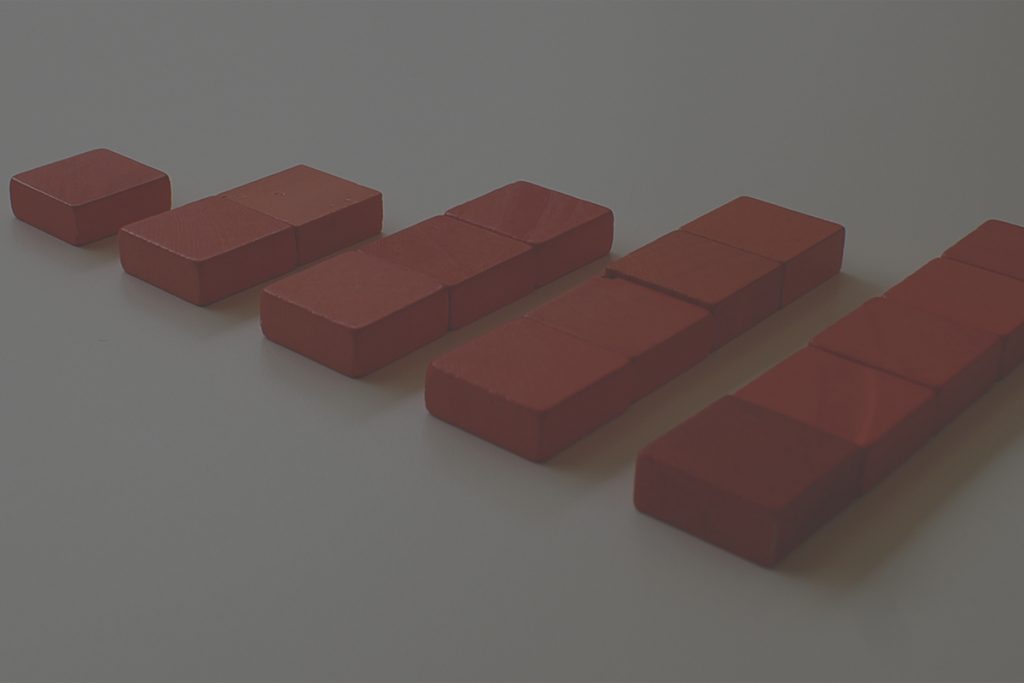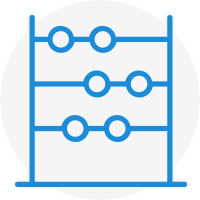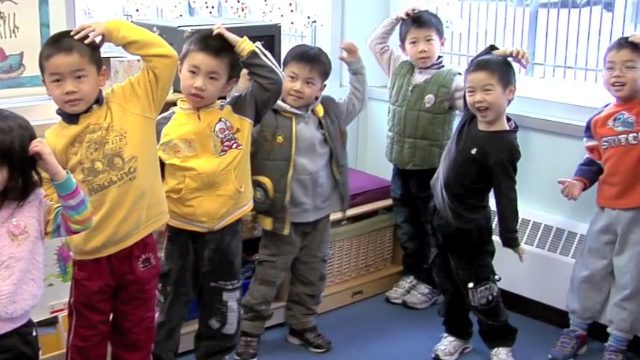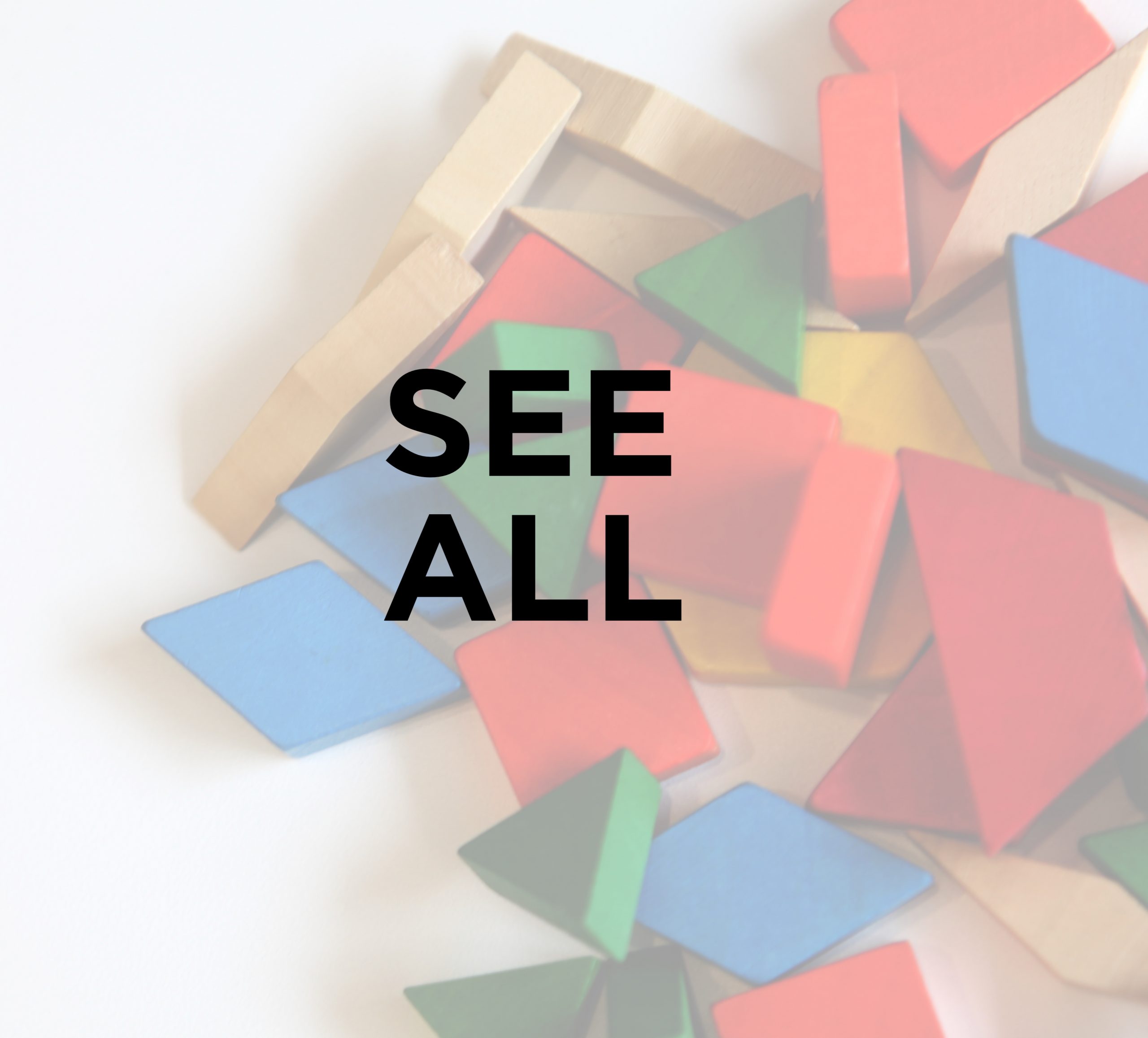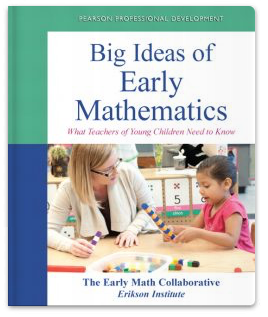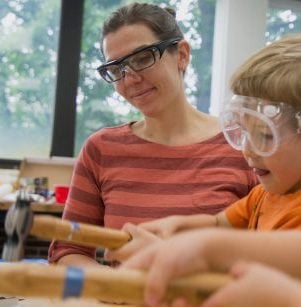Counting
Counting is a part of young children’s daily life. They love to count everything from the stairs they climb to the crackers they eat. But what is counting? What is there to be understood about counting? Numbers and counting seem simple, but it is really quite complex. By developing a sophisticated sense of what counting is and what kind of counting we ought to emphasize in teaching, parents and teachers can better assist children with the development of counting skills and mathematical thinking.
Copyright: Erikson Institute’s Early Math Collaborative. Reprinted from Big Ideas of Early Mathematics: What Teachers of Young Children Need to Know (2014), Pearson Education.
Big Ideas
● Counting has rules that apply to any collection.
● Counting can be used to find out “how many” is in a collection.
Interested in Book Suggestions?
Browse our favorite children’s books that explore Counting.
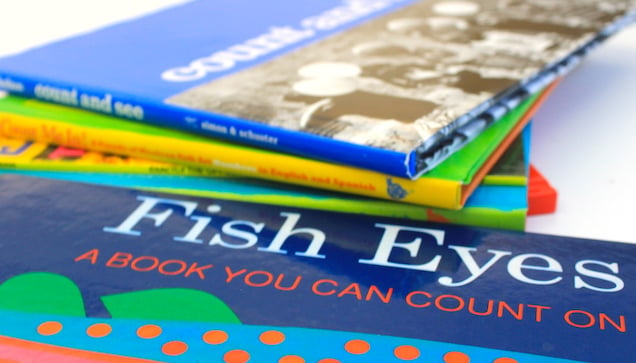
8 Counting Books For School and Home That Tackle Big Ideas
To encourage and develop children’s counting knowledge, here are eight books (with an accompanying download) that are common to preschool classrooms.
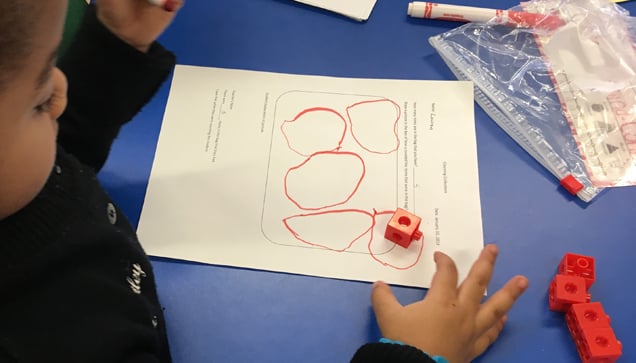
Counting Collections Builds Strong Counting Knowledge
There are all kinds of things to count in pre-k to second grade classrooms. Counting Collections is an activity that develops the Big Ideas of counting, number sense, and concepts such as cardinality, one-to-one correspondence, and unitizing.
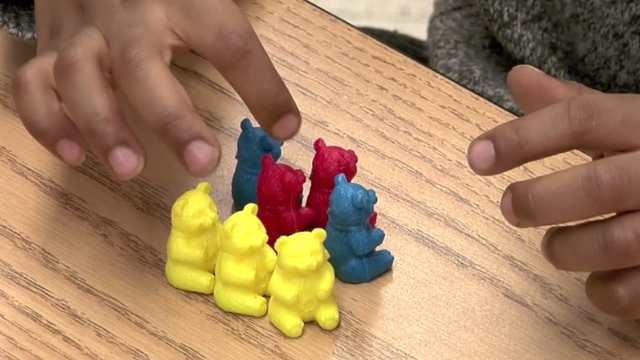
One-to-One Correspondence with Child 15
A child counts an organized collection of bears. Children often sort collections into groups by color. Here, a preschooler assumes he has equal groups until he counts them.
